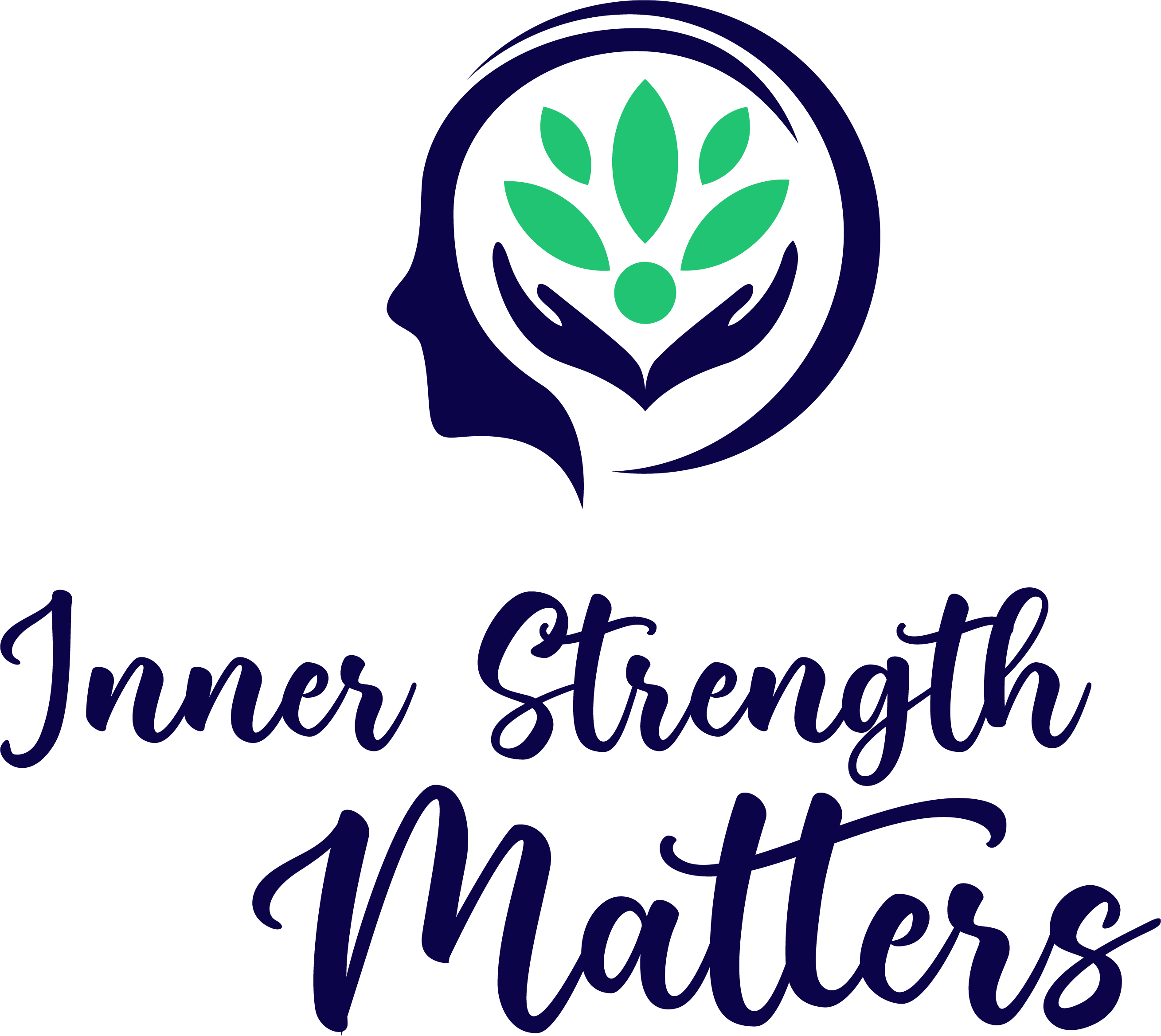Life is an inevitable tapestry woven with threads of joy and sorrow, triumphs and betrayals. While we strive for positive experiences, hurt feelings and the sting of unfair treatment are inevitable. This is where forgiveness emerges as a powerful tool for inner strength and emotional well-being.
This article delves into the transformative power of forgiveness, exploring its benefits, practical strategies for forgiving others (and ourselves), and how it ultimately strengthens our inner resilience.
Forgiveness: Beyond Letting Someone Off the Hook
Forgiveness is often misunderstood as condoning someone else’s actions or minimizing the pain they inflicted. In reality, forgiveness is a gift we offer ourselves, not the offender. It’s about releasing the grip of negativity and resentment that can hold us hostage emotionally.
Forgiveness allows us to:
- Let Go of Anger and Resentment: Clinging to anger and resentment is like drinking poison and expecting the other person to get sick. Forgiveness liberates us from negative emotions, allowing us to move forward with greater peace and clarity.
- Promote Healing: Holding onto resentment keeps the wound of betrayal or hurt fresh. Forgiveness fosters emotional healing and allows us to move on from the past.
- Reduce Stress and Anxiety: Harboring anger and resentment takes a toll on our mental and physical health. Forgiveness promotes emotional well-being and reduces stress and anxiety.
- Improve Relationships: While forgiveness doesn’t guarantee reconciliation, it can create space for healthier interactions in the future.
Forgiveness isn’t always easy. It can be a complex process with varying degrees and timeframes. Here are some practical tips to guide you on the path towards forgiveness:
The Journey of Forgiveness: Steps to Inner Strength
1. Acknowledge Your Emotions: The first step is acknowledging your hurt and anger. Ignoring these emotions won’t make them disappear. Allow yourself to feel the pain without judgment.
2. Understand the Hurt: Reflect on the situation and the emotions it evokes. What core values were violated?
3. Consider the Offender’s Perspective (Optional): While not an excuse for their actions, understanding the offender’s motivations can sometimes lessen the sting of betrayal. This doesn’t mean condoning their actions, but it can offer perspective.
4. Choose Forgiveness for Yourself: Forgiveness is ultimately a decision you make for yourself, not the offender. It’s about releasing the burden of negativity and choosing peace for your emotional well-being.
5. Forgiveness Doesn’t Mean Reconciliation: Forgiveness doesn’t mean forgetting the offense or rebuilding trust if it’s been broken. In some cases, establishing healthy boundaries with the offender may be necessary.
6. Practice Self-Compassion: Be patient with yourself. Forgiveness is a journey, not a destination. There may be setbacks, but each step towards letting go strengthens your inner resilience.
7. Seek Support: Talking to a therapist or trusted friend can provide valuable support and guidance during the forgiveness process.
Forgiving Ourselves:
Forgiveness isn’t just about letting go of resentment towards others. It’s also about forgiving ourselves for past mistakes and shortcomings. Here are some tips for self-forgiveness:
- Acknowledge Your Mistake: Recognize your error without dwelling on it.
- Learn from the Experience: Use the experience as an opportunity for growth.
- Make Amends (if possible): If you’ve wronged someone, strive to make amends whenever possible.
- Release the Guilt: Holding onto guilt doesn’t serve you. Accept responsibility, learn, and move forward.
Inner Strength Through Forgiveness:
By embracing forgiveness, you cultivate inner strength in several key ways:
- Emotional Resilience: Letting go of negativity allows you to bounce back from setbacks and navigate challenges with greater emotional fortitude.
- Improved Mental Health: Forgiveness reduces stress and anxiety, promoting overall mental well-being.
- Greater Self-Compassion: The ability to forgive yourself builds self-compassion, a cornerstone of inner strength.
- Personal Growth: Forgiveness allows you to move past emotional roadblocks and embrace growth opportunities.
The Power of Letting Go:
Forgiveness isn’t forgetting or minimizing the hurt we’ve experienced. It’s about acknowledging the pain, releasing the negativity, and choosing to move forward with greater peace and self-compassion. This act of letting go empowers you to reclaim your emotional well-being and cultivate a deeper strength within. Forgiveness is a personal journey. It may take time and effort, but the benefits for your inner strength and emotional well-being

